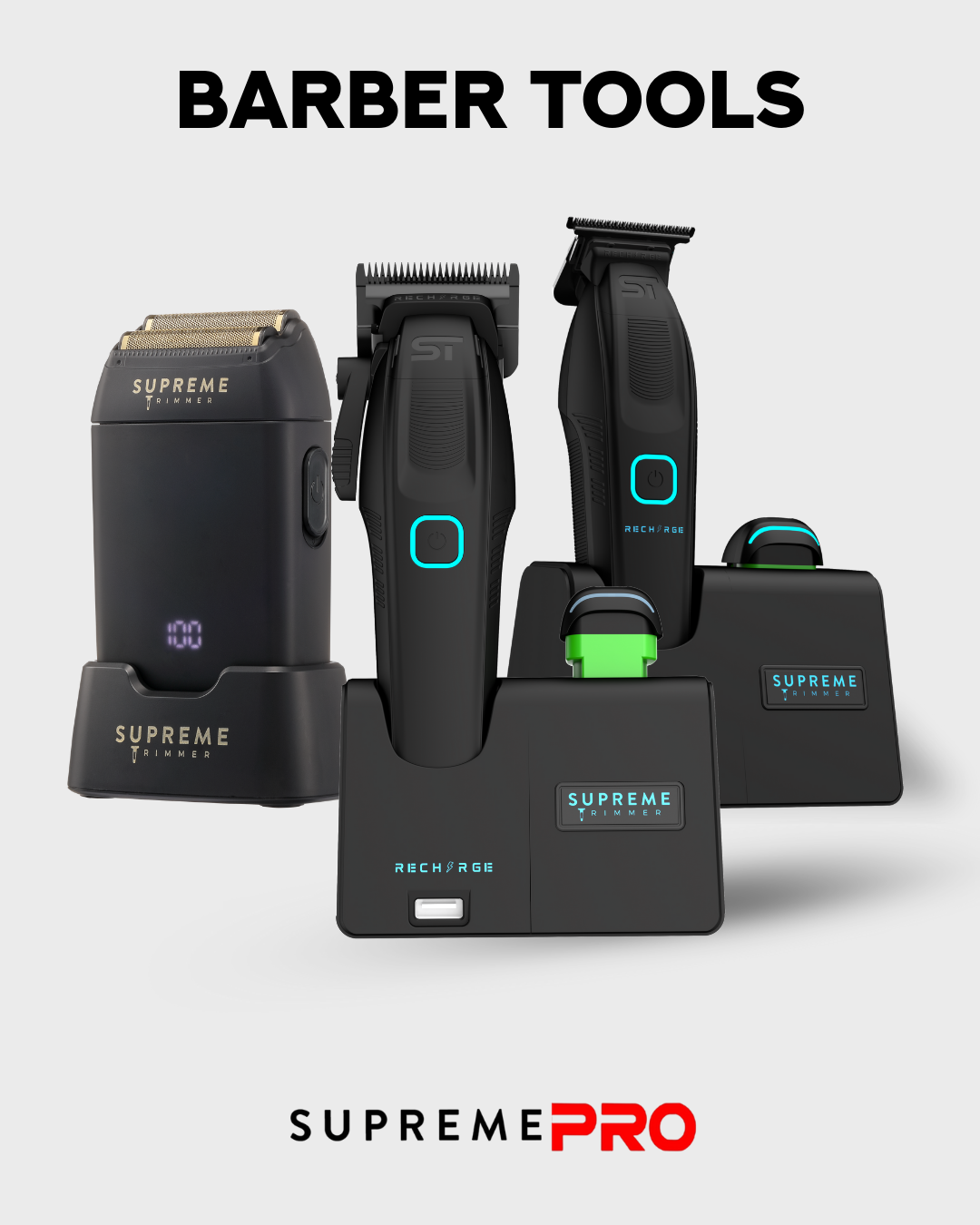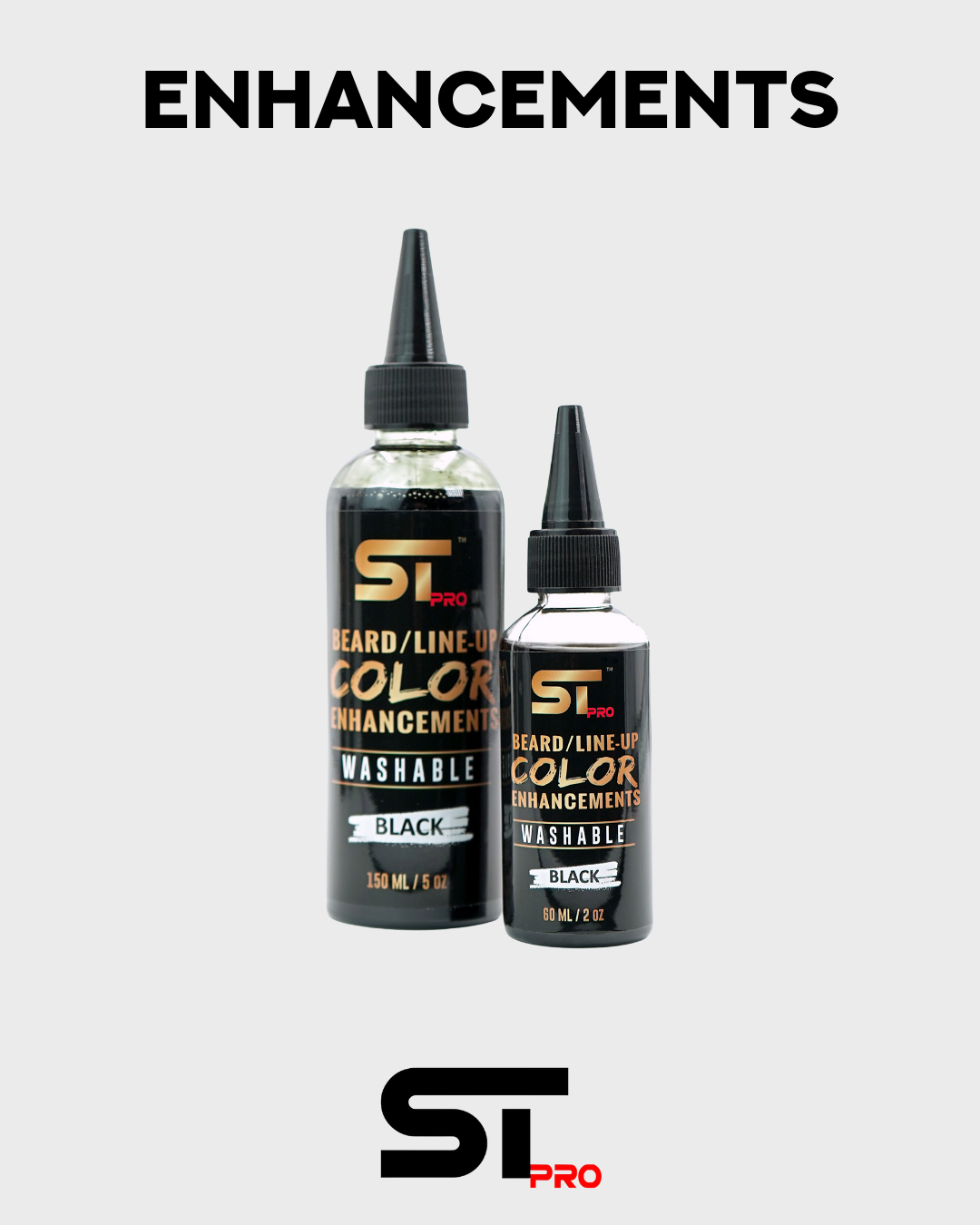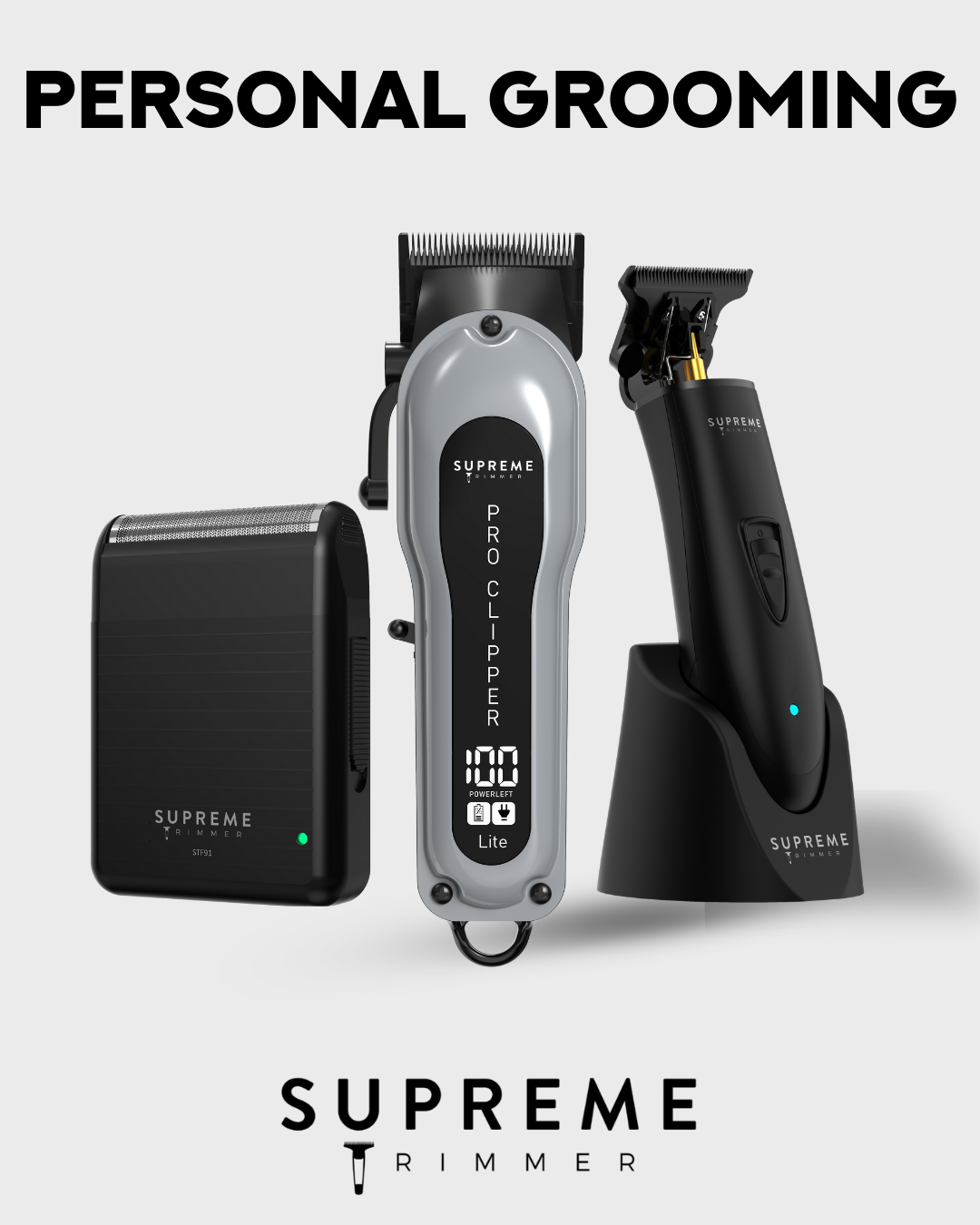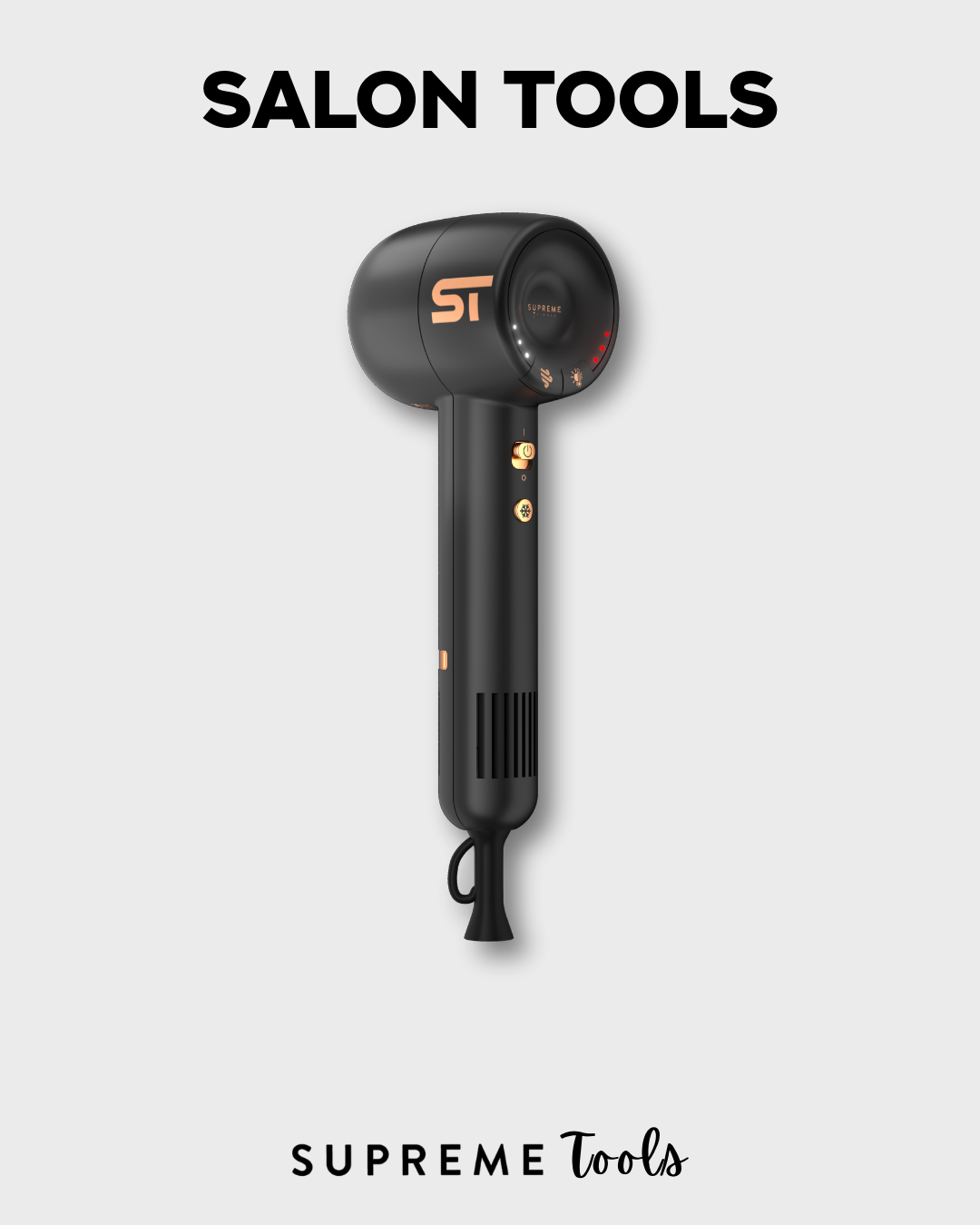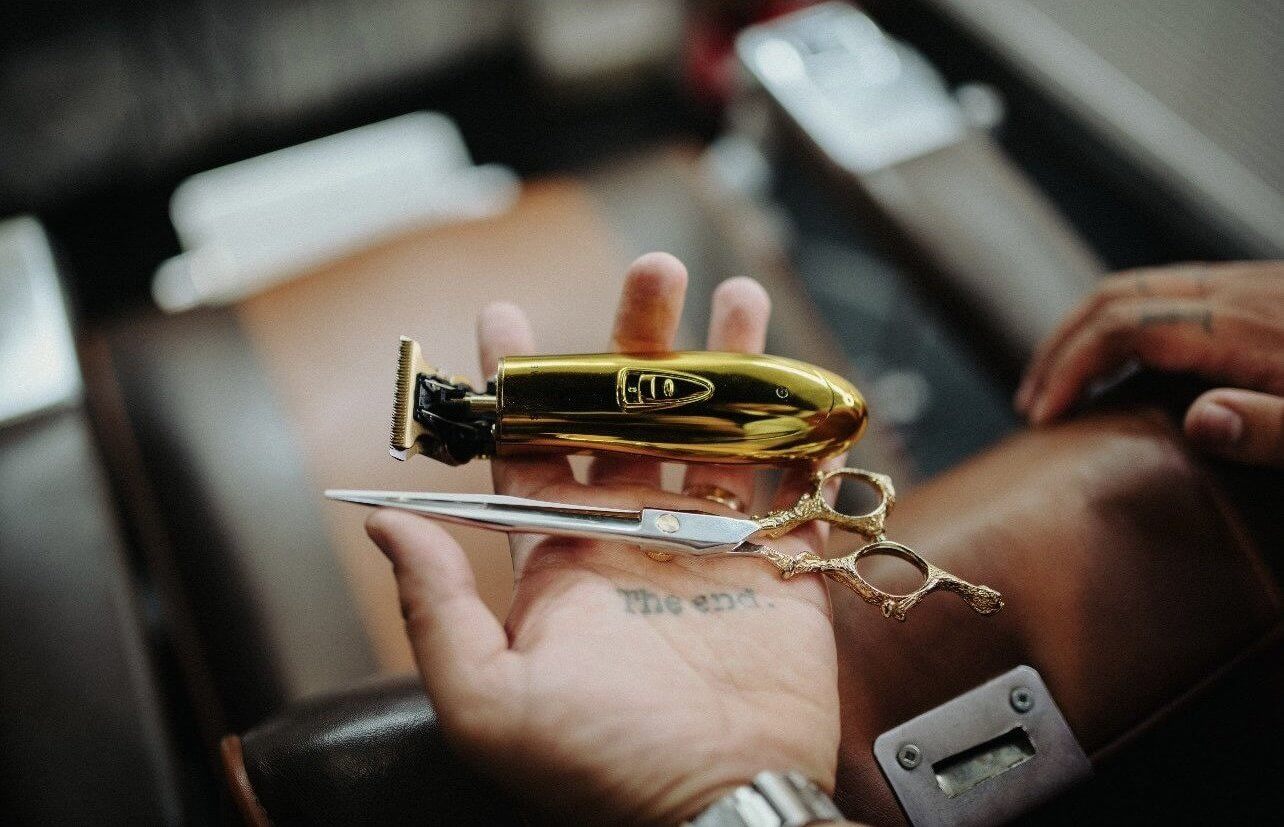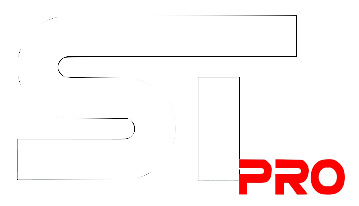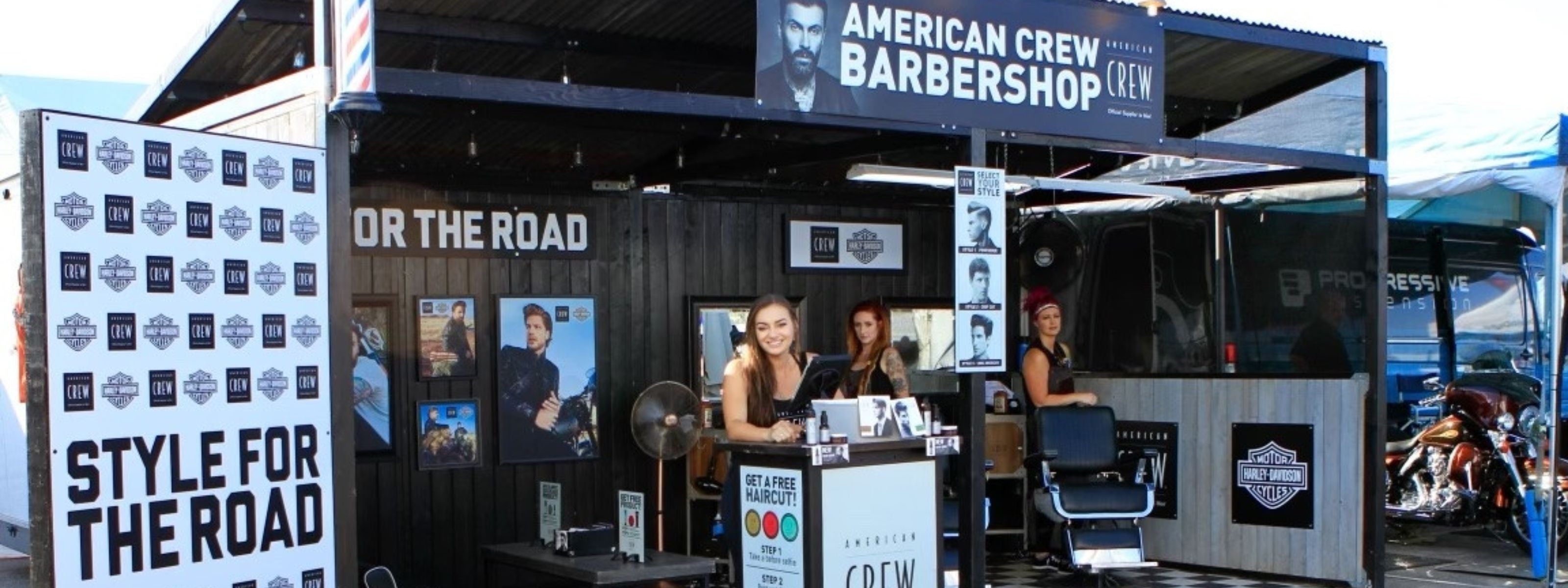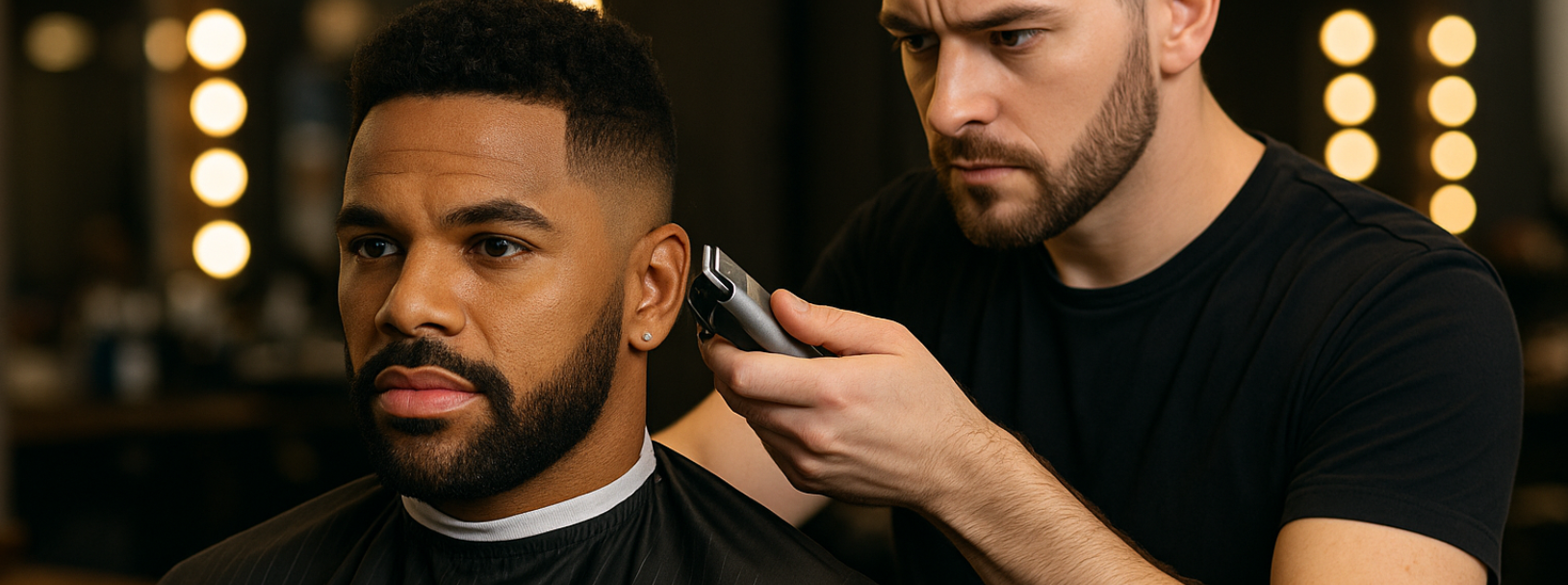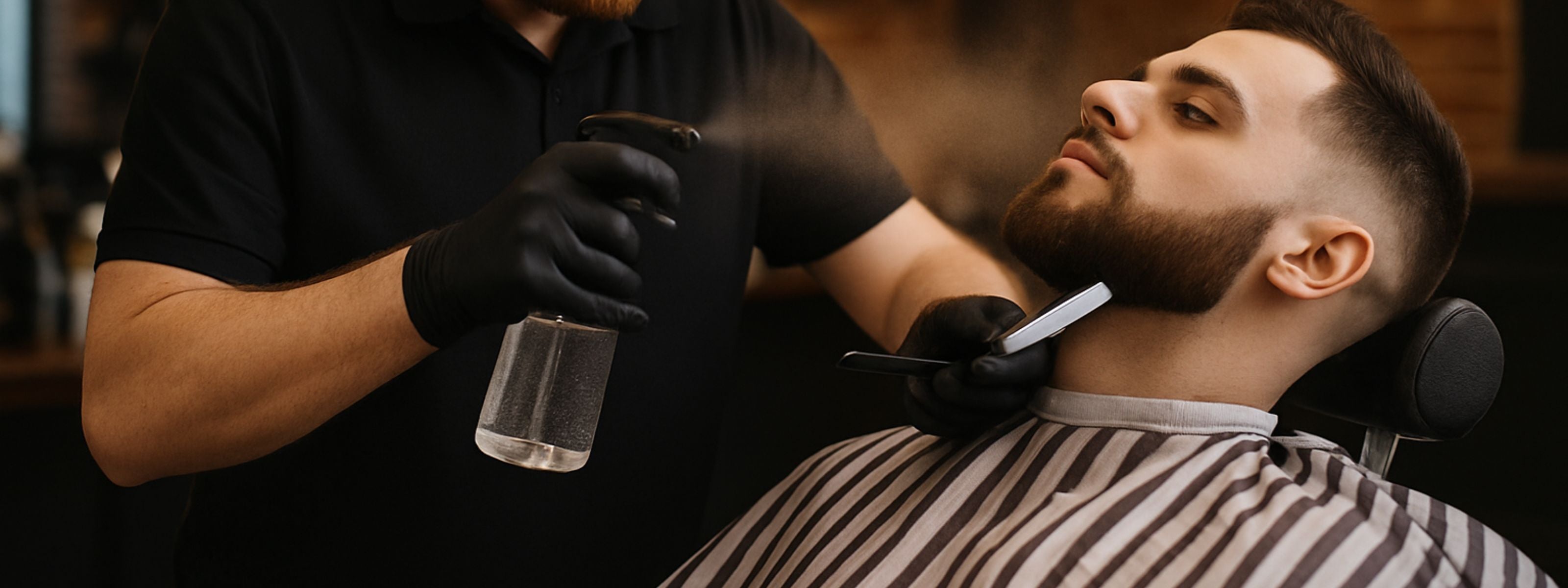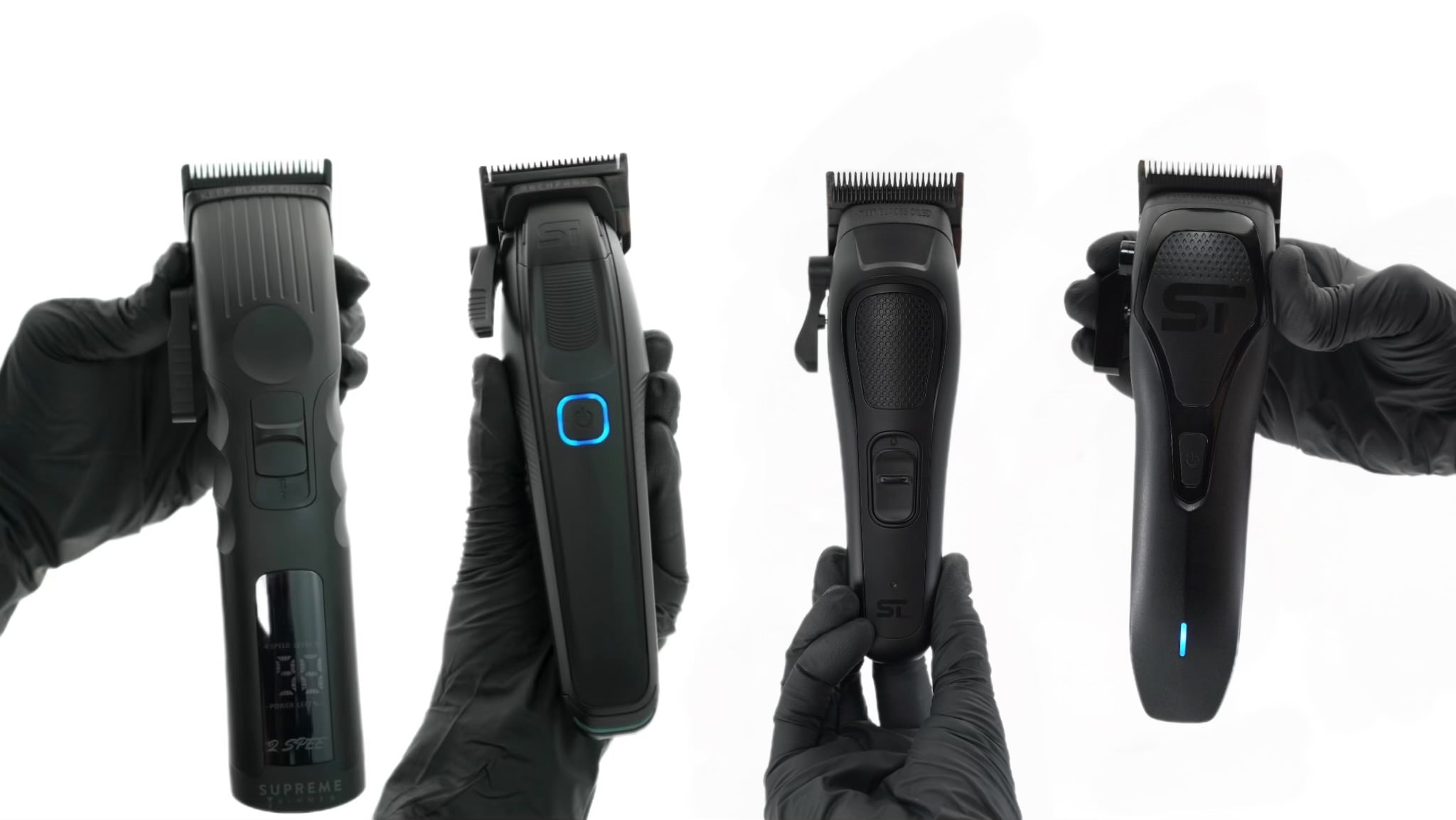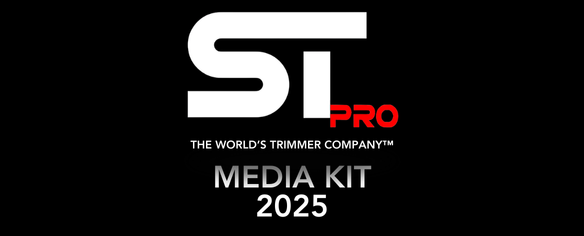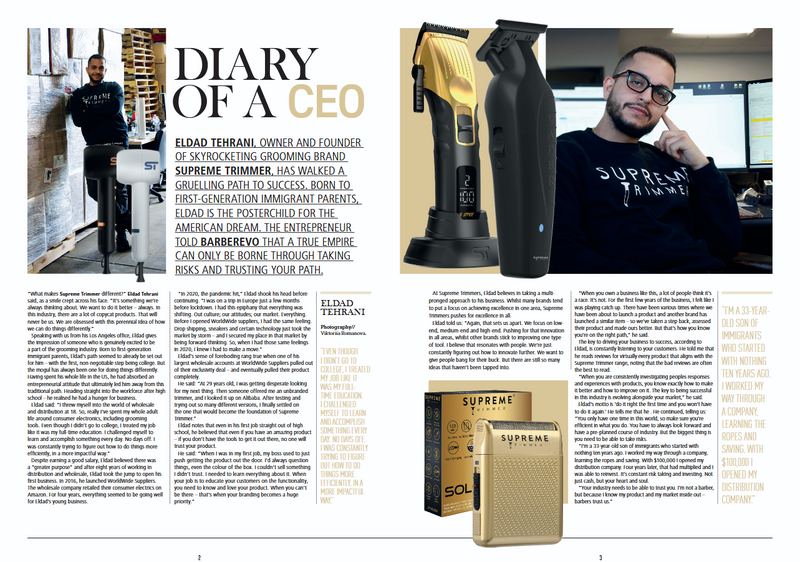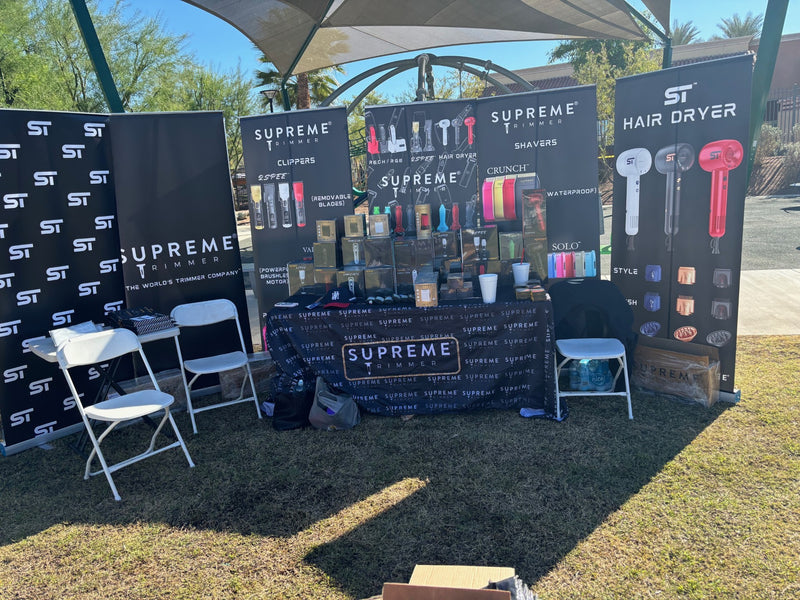You’ve probably seen the headlines—barbershops getting raided, stacks of cash seized, owners questioned about their books. It’s been happening across the UK, and the spotlight isn’t just on shady operators. Even legitimate barbers are starting to worry: what happens when your shop runs mostly on cash, but you’re 100% above board? Can you still get caught in the crossfire?
That’s the story behind Operation Machinize, a UK-wide crackdown that’s exposing how barbershops have unintentionally become part of the money-laundering conversation. And whether you’re in London or Los Angeles, there’s a message here for everyone running a chair—transparency matters more than ever.
What’s Actually Going On
In 2025, the UK’s National Crime Agency launched Operation Machinize, a nationwide effort to crack down on what investigators called “cash-heavy criminal fronts.” The focus? Businesses like barbershops, nail salons, vape stores, and candy shops. Over 380 premises were inspected, with more than £1 million frozen in bank accounts and ten businesses shut down entirely (National Crime Agency).
Among those, Turkish-style barbershops drew particular attention. Authorities noticed some shops reporting high daily takings despite low foot traffic or inconsistent opening hours. In several cases, investigators discovered discrepancies between what was declared on tax filings and what was moving through the tills (InView News).
It’s not just about shady accounting. The investigations also exposed related crimes—illegal employment, tax fraud, even human trafficking and drug activity in certain businesses (Mortons Solicitors). The problem? The entire industry gets painted with the same brush.

Why Legit Barbers Should Pay Attention
If you’re running a clean shop, it’s easy to think this doesn’t apply to you. But the truth is, when law enforcement targets “cash-heavy” industries, honest shops get caught in the dragnet too.
Barbershops have always relied on cash—it’s fast, simple, and traditional. But now that preference makes them vulnerable to suspicion. Under the UK’s Proceeds of Crime Act 2002, even handling money that’s part of an illegal transaction—even unknowingly—can trigger a money-laundering investigation (Proceeds of Crime Act).
So, if your shop has unclear accounting, inconsistent income records, or mostly cash transactions with little paper trail, you’re at risk of scrutiny. Not because you’ve done anything wrong, but because the system is designed to find patterns—and those patterns often point to cash-heavy trades like barbering.
How to Protect Your Business
Start by keeping everything above board. No shortcuts. No “we’ll fix it later.” Here’s what helps:
1. Keep your books tight. Every cut, every sale, every product—track it. Use software or hire an accountant who understands small business compliance. Don’t rely on memory or paper scraps.
2. Embrace digital payments. Card readers and payment apps don’t just make life easier—they create a trail. A mix of digital and cash payments shows transparency.
3. Separate business from personal. Never mix your personal bank account with shop earnings. Use a dedicated business account and keep receipts organized.
4. File your taxes honestly and on time. It sounds basic, but the most common reason legit barbers get flagged is late or inconsistent filings.
5. Be transparent with staff. If you rent chairs or employ freelancers, make sure contracts are clear and that everyone reports their income properly. Your reputation can take a hit for someone else’s bad paperwork.
6. Stay informed. Laws are changing fast, especially around anti-money laundering (AML) compliance. Know your local reporting rules, especially if your shop deals in high cash volumes.

The Real Risk Isn’t Just Legal—it’s Reputation
Even if your business never sees a courtroom, being lumped in with suspicious shops can kill trust. Clients talk. Landlords talk. The internet talks. One rumor or headline can undo years of credibility.
That’s why transparency isn’t just legal—it’s branding. Showing professionalism in how you manage your shop’s finances sends a message: this is a legitimate, respected business. Some barbers are even posting “tax registered” or “verified business” badges on social media to reinforce trust.
The old-school “cash only” sign might have been cool once, but in 2025, it can look more like a red flag.
Clean Cuts, Clean Books
This new wave of enforcement doesn’t mean barbers are the bad guys—it means the industry is evolving. The world wants accountability, and if you’re serious about longevity, clean books are just as important as clean fades.
The best barbershops today are transparent, professional, and proud of it. Because when your finances are as sharp as your work, no one can question your integrity.
References
National Crime Agency. Operation Machinize: Hundreds of Barbershops Targeted in Crackdown. nationalcrimeagency.gov.uk
InView News. UK Barbershops Under Investigation for Money Laundering and Tax Fraud. inview.org.uk
Mortons Solicitors. Criminal Fronts on the High Street. mortons-solicitors.co.uk
Sky News. Hundreds of Barbers, Car Washes, and Sweet Shops Raided in Money Laundering Crackdown. news.sky.com
Proceeds of Crime Act 2002. en.wikipedia.org
Jonas Consulting Group. Financial Management 101 for Barbershops. jonasconsultinggroup.com

